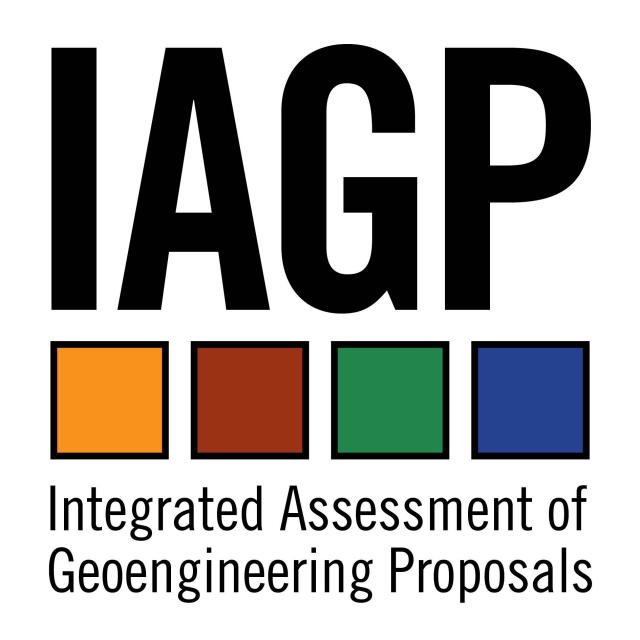You are hereHow effective is marine cloud brightening in reducing solar radiation?
How effective is marine cloud brightening in reducing solar radiation?
New IAGP paper published in Atmospheric Chemistry and Physics
The effects of timing and rate of marine cloud brightening aerosol injection on albedo changes during the diurnal cycle of marine stratocumulus clouds
Certain geoengineering schemes have been proposed to decrease the amount of solar radiation reaching the Earth’s surface, creating a cooling effect that could potentially ameliorate future greenhouse gas driven warming. One such scheme, known as marine-cloud brightening, aims to brighten low cloud, generating a negative radiative forcing from the cloud albedo increase.
A recent study led by IAGP Postgraduate Researcher Annabel Jenkins has sought to determine just how effective this technique might be, and particularly how this effectiveness is influenced by the time of day and at what stage in the cloud's diurnal cycle the process is carried out.
The paper is published in the open access journal, Atmospheric Chemistry and Physics.
Read more and download the paper from the ACP website here.



